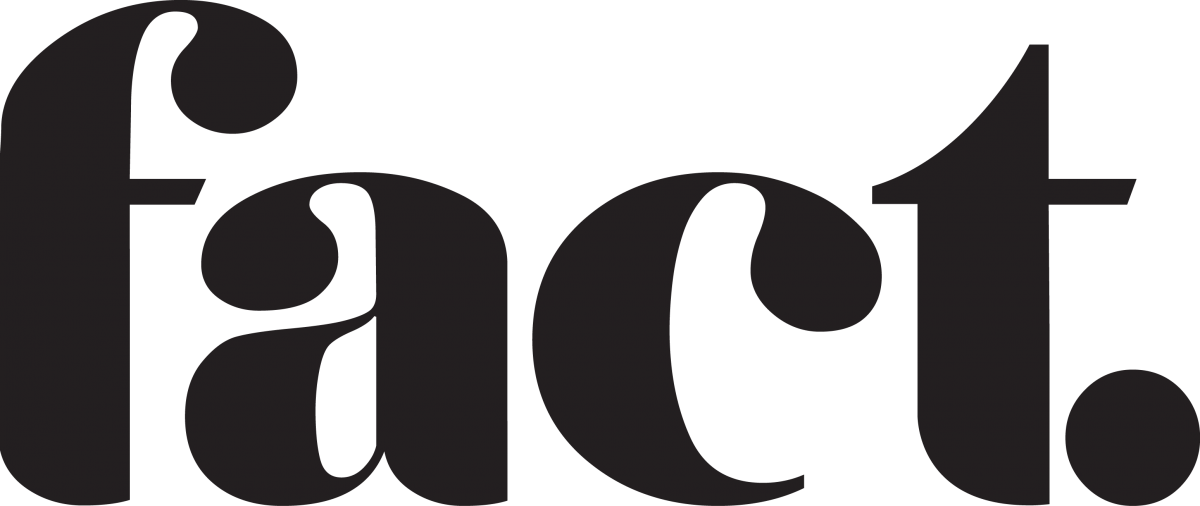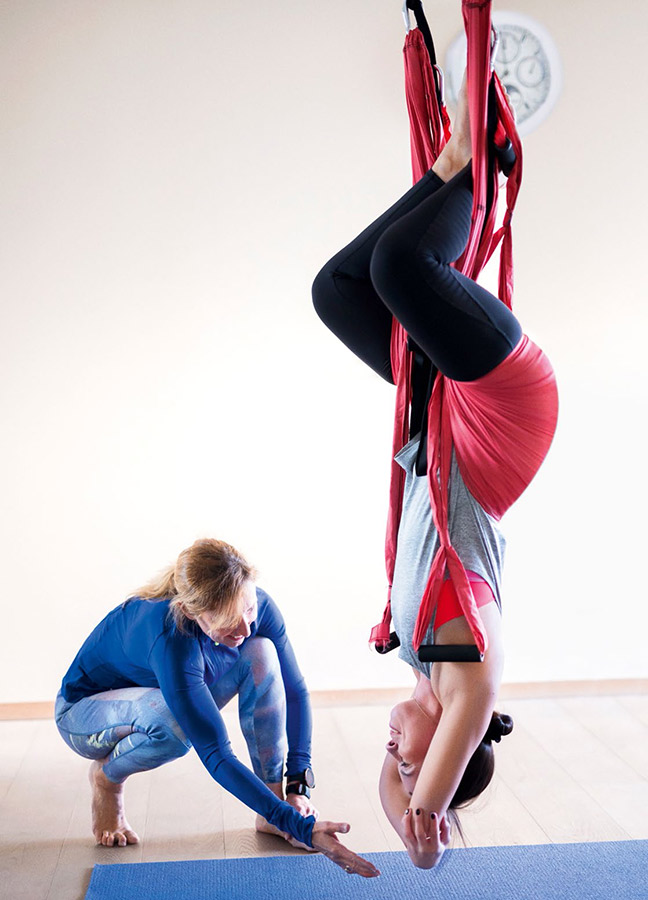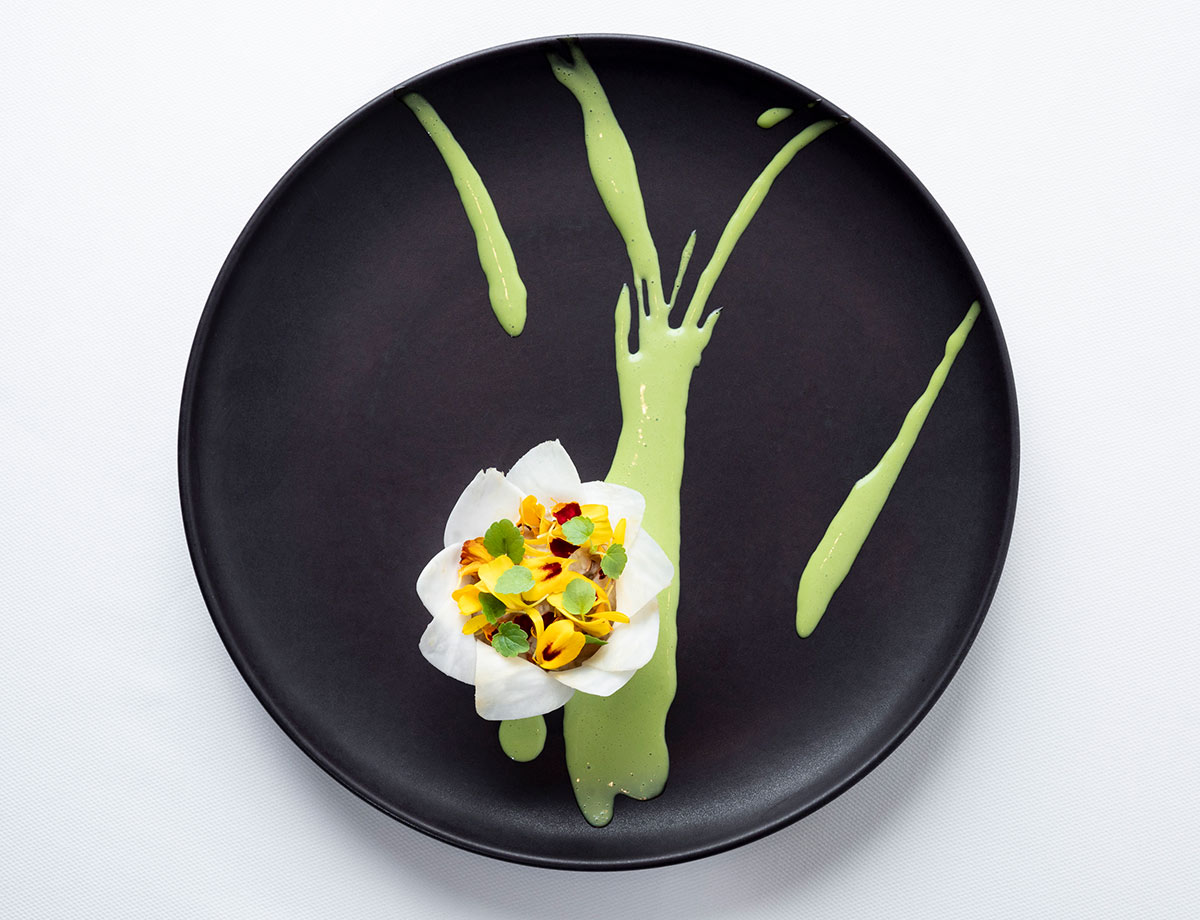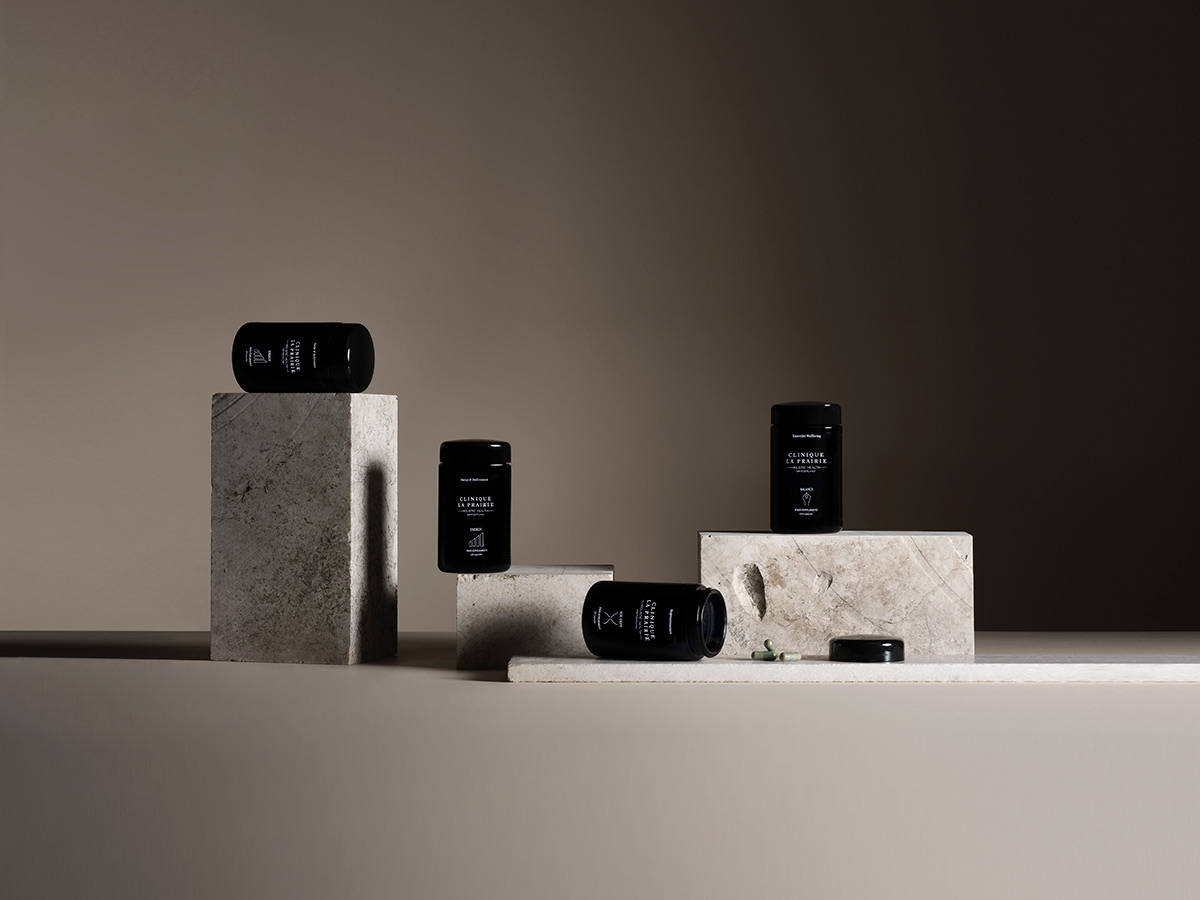Plan ahead for Ramadan: Advice for staying healthy from Clinique La Prairie

Make some small changes throughout the month of fasting to keep your health on track
With Ramadan here, self-reflection and self-improvement become imperative, and it is important to embrace a holistic approach to fasting, staying healthy and balancing mind and body.
Dr. Adrian Heini, Medical Director at luxury Spa and Wellness destination, Clinique La Prairie, brings together a complete guide to staying fit and healthy this month.
Stay Hydrated
Hydration is key to awakening metabolism and eliminating toxins. The nearly 14h fasting is similar to ‘intermittent fasting’, that is commonly implemented for a better glucose metabolism and for enhanced fat burning, except that there is active fluid intake during the daytime. The lack of fluids will result in mild dehydration, fatigue, low energy and headaches especially as the summer heat kicks in.
With this in mind, it is significant to maintain hydration levels during the night instead. Fresh fruit smoothies, vegetables and juices or clear soups are a great way to keep the body purified during Ramadan. If you can, keep exercising and household chores to the evening or in the early morning.
Engage in physical activity
Maintaining an exercising regime is one of the best ways to remain healthy during the month as it rejuvenates the body and mind. The recommended exercise sessions should be performed post Iftar, two to three hours after the meal.
Try to avoid participating in very strenuous activities, but rather opt for moderate work out sessions such as aqua gym, swimming, pilates, yoga or low-impact gym sessions. Or take a walk 1 to 2 hours after iftar, all of which work on the elasticity of your body as well as have a calming effect on your mind.
Include Superfoods into your diet
The first and foremost important thing is to respect the balance and quality of food. Start with breaking your fast with a date rather than a full feast. Dates are easy to digest due to its natural sugars, that helps the body’s blood glucose levels. For Iftar and Suhoor, reduce the amounts of fat in meals, including meats and cheese, and increase the amounts of fibre not only with vegetables and fruits but also multi-cereal bread, legumes, chia seeds and bulgur wheat, to maintain balance and to induce satiety. This will also help to keep blood sugar levels stable during the day, keep hunger at bay and will avoid unhealthy weight gain and weight loss during the month of fasting.
Regulate your sleep cycle
A regular sleep routine is often interrupted during Ramadan. With long periods of fasting and daytime activity, sleep cycles become an important aspect to maintaining a balanced lifestyle during the month.
Avoid large amounts of rich foods and sugar and instead, wait for 1.5 or 2 hours to go to bed after a heavy meal. Take shorter naps during the day for not more than 20 minutes and reduce screen time 30 minutes before bedtime.
If you are finding it harder to get a good night’s sleep, a healthy tip is to use an infusion of verbena, chamomile and hot milk or if sleep still remains difficult, a melatonin supplement of between 2-6mg at bedtime can help.
Add Food and Health Supplements
Food supplements are a good way to maintain the balance of vitamins and omega to boost the immune system during Ramadan.
If the recommended exercise, sleep and diet regime is integrated during the month of fasting, no additional supplements are required. However, if you are struggling to maintain sleep cycles and food intake, a combination of a vitamin C and folic acid (vitamin B9) supplements are beneficial. If you are spending less time outdoors in the daytime, it is worth taking a vitamin D3 supplement, as this will help bones, teeth and muscles stay healthy.
If you take regular medication, continue to do so when fasting. If your medication has be synchronized with meals or with a strict time schedule, then do discuss this with your doctor before starting to fast.
With over 90 years of pioneering innovation in the field of wellness, Clinique La Prairie unifies a holistic approach to longevity. Implementing the five aspects to your daily routine will enhance the quality of life, stimulate the mind and activate the body’s self-healing ability post Ramadan.
Health Check Up
And finally, if you’re in good health, no specific medical check is required prior to Ramadan. If you have high blood pressure, there are no negative effects when fasting. If you have low blood pressure, it is recommended to reduce your activities during the day. However, with blood pressure, and if you have diabetes, coronary heart disease or any medical condition, please discuss fasting with your doctor first.























